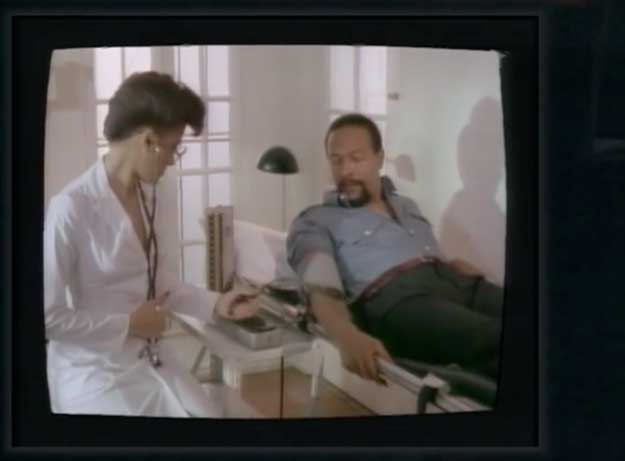Released on October 9, 1982, “Sexual Healing” marked Marvin Gaye’s triumphant return to the music scene after a tumultuous period of personal and professional struggles. Blending soul, funk, and early 80s electronic influences, the track not only revived Gaye’s career—it became a landmark in modern R&B.
A Song Born from Solitude and Reinvention
After parting ways with Motown and facing financial and emotional hardship, Gaye moved to Ostend, Belgium, seeking a clean slate. There, he collaborated with Odell Brown and music journalist David Ritz, who famously suggested the song title during a conversation about Gaye’s emotional turmoil.
Written and recorded in Gaye’s makeshift studio, “Sexual Healing” emerged as a deeply personal work. The lyrics explore intimacy as a form of therapy—offering both physical connection and emotional release—set against a seductive, drum-machine-driven groove that was ahead of its time.
Chart Dominance and Awards Recognition
“Sexual Healing” became a global hit. In the U.S., it peaked at #3 on the Billboard Hot 100 and spent 10 weeks at #1 on the R&B chart before being replaced by Michael Jackson and Paul McCartney’s duet, “The Girl Is Mine”. Internationally, it topped the charts in Canada and New Zealand, and performed strongly in countries such as the UK, where it reached the Top 5.
The track earned Marvin Gaye two Grammy Awards in 1983, including Best Male R&B Vocal Performance and Best R&B Instrumental Performance for its B-side. It was his first Grammy win and a significant career milestone.
Cultural Impact and Lasting Recognition
Beyond commercial success, “Sexual Healing” became a cultural milestone. It’s frequently referenced in pop culture—from romantic comedies to health discussions exploring the emotional power of music. In 2004, Rolling Stone ranked it #198 on its list of the 500 Greatest Songs of All Time.
Its sound—sultry, minimal, and emotionally rich—helped define the direction of R&B and soul in the decades that followed.
A Timeless Classic in the Marvin Gaye Legacy
Tragically, Marvin Gaye was killed in April 1984, just 18 months after “Sexual Healing” was released. Yet the song endures as one of his most iconic works—a poignant, sensual reminder of his unparalleled artistry and ability to transform personal pain into musical healing.

